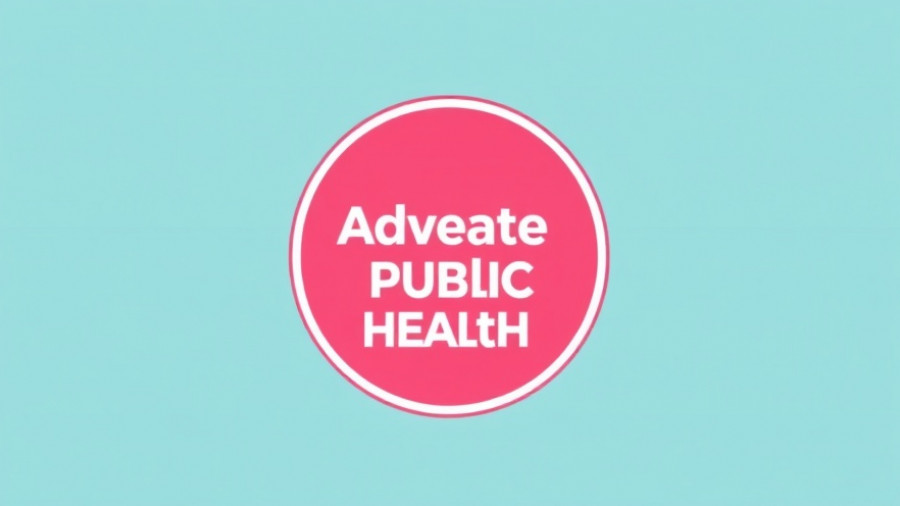
The Rising Threat of Big Tobacco in the Caribbean
As the world gears up for the Eleventh Conference of the Parties (COP11) to the WHO Framework Convention on Tobacco Control (FCTC) in Geneva next month, an insidious campaign by major tobacco companies is underway. These corporations are targeting Caribbean nations such as Saint Kitts and Nevis, Barbados, and Trinidad and Tobago in a bid to undermine global health commitments that have been successfully enacted over the past two decades. Strategies that worked in regions worldwide are now being wielded in the Caribbean to confuse and weaken legislation that protects public health.
Why Tobacco Control Matters
The FCTC has been instrumental in promoting measures like smoke-free environments, imposing higher taxes on tobacco products, and implementing graphic warning labels. These strategies have collectively contributed to saving millions of lives. But as the COP11 approaches, the tobacco industry’s influence threatens to derail years of progress. Recent patterns observed in Saint Kitts and Nevis, where local governmental positions appear to align disturbingly with industry rhetoric, provoke concerns among public health advocates.
International Efforts Facing Industry Pushback
According to a report from Corporate Accountability, the interference of tobacco companies in Latin America and the Caribbean is intensifying. This trend is evident in recent scores from the tobacco industry interference index, where countries are increasingly succumbing to pressure. Of the 19 countries evaluated, 11 have shown a deterioration in safeguarding public health policy against tobacco industry influences, indicating a concerning trend that directly impacts efforts to curb tobacco use.
The Call for Action Against Industry Influence
Organizations such as the Campaign for Tobacco-Free Kids are urging Caribbean nations to reject this interference in favor of life-saving public health policies. The industry's tactics, designed to confuse and distract policymakers, are especially alarming as products like e-cigarettes are promoted among vulnerable youth. It’s critical that Caribbean governments remember the evidence: the tobacco epidemic is fueled by an industry that prioritizes profit over lives.
Future Outlook: A United Stand Required
As discussions around the global tobacco treaty heat up, it's vital for leaders to renew their commitment to fighting tobacco use and nicotine addiction. Policymakers have the power to protect future generations from the grips of addiction—an essential step for safeguarding public health. The emerging strategies must focus on shutting down the doors to tobacco industry meddling while fostering laws and regulations that prioritize wellbeing over corporate gain.
 Add Row
Add Row  Add
Add 




Write A Comment